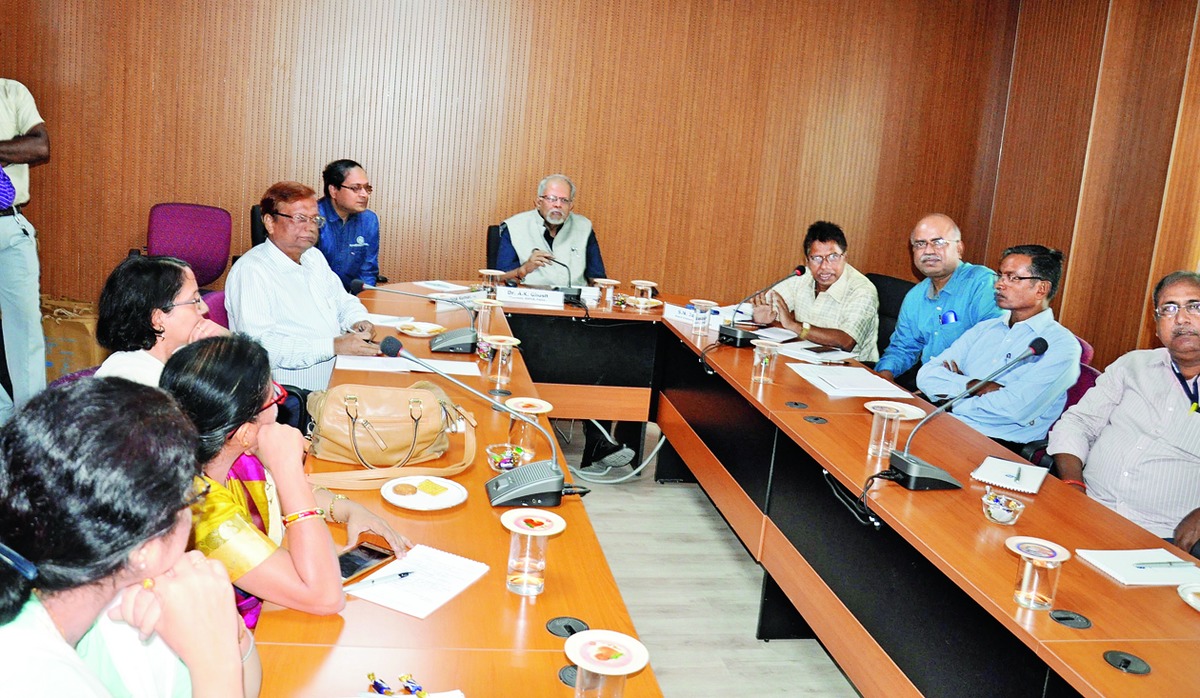
Patna: Bihar State Pollution Control Board chairman Ashok Ghosh on Friday took a dig at a World Health Organisation (WHO) report on the world's most polluted cities, saying the survey's methodology was questionable for it was based on only one parameter while ignoring others to assess air quality.
The WHO's air pollution database, released in May, ranked Gaya, Patna and Muzaffarpur - three major cities of Bihar - in 4th, 5th and 9th slots in the list of most polluted cities in the world.
Ghosh said: "The WHO methodology was flawed, as it was based on a single parameter which counted only the PM 2.5 levels in a single monitoring station in Patna. There are eight parameters to calculate the levels of air pollution in a particular area. But he conceded with the lack of adequate monitoring stations to assess the levels of pollution in Bihar.
He was speaking at a workshop-cum-seminar on advanced techniques on environmental monitoring organised by the BSPCB in Parivesh Bhawan in Patna.
Arguing over the use of advanced technologies in assessing environmental pollution, Ghosh said: "There is a clear need to use modern technologies for environmental monitoring besides abatement of pollution in Bihar."
"We have taken the initiative to strengthen our own labs instead of relying on private entities for sample checking. We have plans to establish our labs and monitoring stations in every district of the state so as to eliminate the data deficiency problem in the state."
However, over 25 students from Patna Women's College and AN College, environmental company representatives and scientists took part in the programme and suggested the use of modern technologies to address the problem of pollution in Bihar.
Shalini Kini, the product manager of GE Healthcare, advised the use of low-cost card technology to assess water and soil pollution. While Rajkumar Chakraborty from Ion Exchange India Limited argued for use of highly-efficient RO purifier for treating water contamination problems.
"We don't need more laws but more efficient implementation of the existing laws," Ghosh said, stressing stricter implementation of laws to protect the environment.
Ghosh added: "No problem could be solved with the government policy alone. Behavioural change is also required to address the global issue of pollution of various kinds water, air and land."










